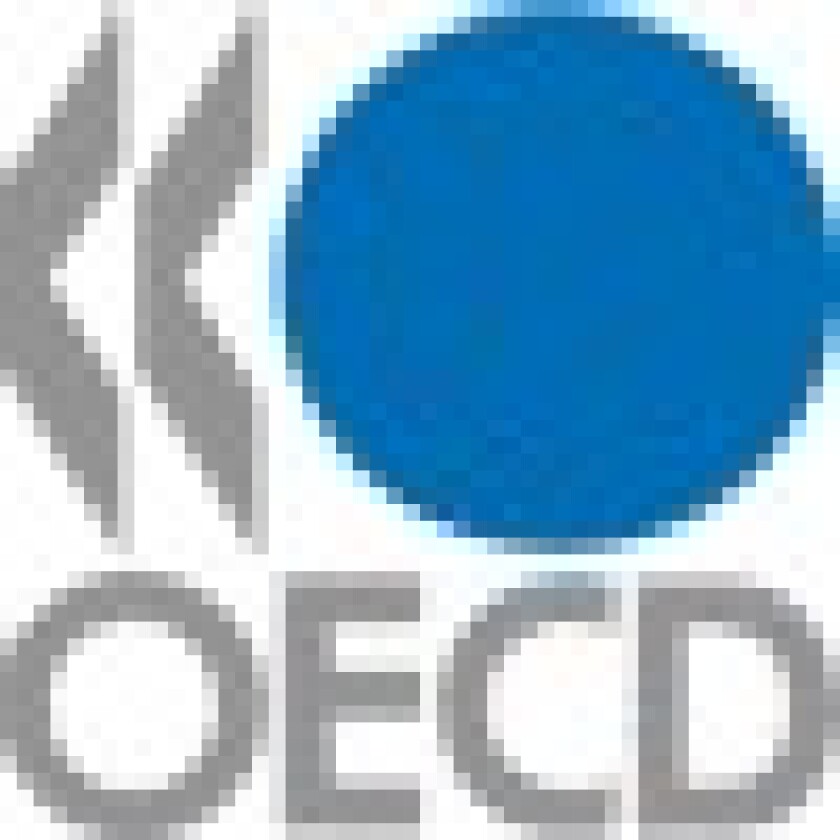In November last year, the OECD identified obstacles in the way domestic VAT systems interact with one another and the problems they create for taxpayers engaged in cross-border transactions. In response to concerns that companies are dealing with a great deal of complexity and uncertainty, the organisation set itself the task of devising a new set of guidelines for VAT, following on from its work on transfer pricing, and establishing a Global Forum on VAT.
The first stage of that work is now nearing its completion.
“The formal process for the creation of an OECD Global Forum on VAT is ongoing,” Piet Battiau, head of Consumption Taxes Unit at the OECD told International Tax Review. “The OECD hopes to finalise this by the end of May and we hope to make formal announcements at that moment.”
This will be welcome news for taxpayers dealing with an uncertain climate of cross-border VAT regulations and should complement the EU’s work on reforming its VAT system to make it simpler, more efficient and more robust.
“There is a real need for global dialogue on the design and operation of VAT,” said Battiau. “We need to launch a Global Forum on VAT. OECD countries as well as non-OECD economies are facing similar challenges when designing and implementing adopting or reforming VAT systems.”
Battiau points out that one of the key advantages of VAT if well designed and operated is its neutrality for businesses and international trade. However, he says that international VAT neutrality can only be ensured if national systems interact consistently.
“The absence of an internationally agreed framework leads to an increased risk of double or multiple taxation or, in the inverse case, double or multiple non-taxation,” said Battiau.
The renewed focus on indirect taxes at the OECD owes in part to the change of administration at the top. For Pascal Saint-Amans, the new Director of the Centre for Tax Policy and Administration, VAT is one of his top priorities.
“We need some fresh views on how to design VAT systems, looking at issues for the financial industry and at the origin versus destination principle,” said Saint-Amans.
Saint-Amans pointed out that there is interest in Europe for broadening the discussion to outside the EU.
He noted that in China, where an experiment on VAT reform is being conducted in Shanghai, 50% of government revenue comes from indirect tax.
“It’s a tax that’s identified as pro-growth, but a lot of work needs to be done,” said Saint-Amans.










